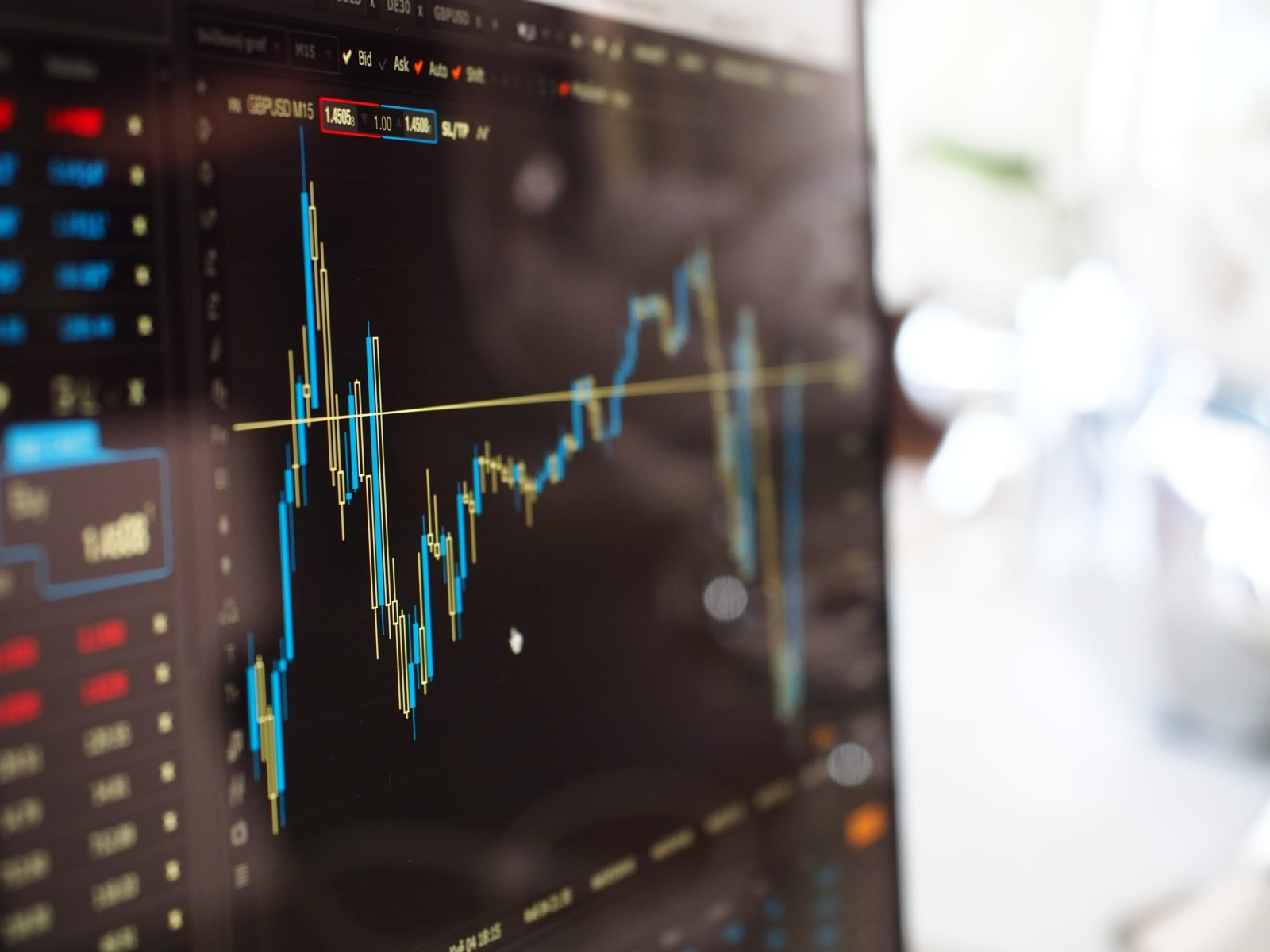What has been happening in markets?

Dean Gilkison is a Financial Adviser with Gilkison Group.
Through the course of January, we have seen a significant increase in the volatility of both share markets and bond markets. At the time of writing (7th February 2022), the Australian Share Market (ASX/S&P 300 index) is down 4.7% since the beginning of 2022. In the US, also for the calendar year so far, the S&P500 index is down 5.8% and the technology heavy NASDAQ index is down 10.4%.
Although we can never be certain what causes sharp volatility in share markets, in this instance, there is a strong link to recent data showing inflation is increasing, which raises the likelihood of central banks around the world increasing interest rates faster than has been anticipated.
The genesis of this dates all the way back to the co-ordinated response to the Global Financial Crisis back in 2008, when central banks tried to stimulate economies from a dire state. Since that time, any instance of economic concern has essentially quelled through interest rate reductions or quantitative easing (meaning central banks purchase bonds from a range of issuers in the market to keep interest rates low).
All this is finance and economics code for the plain english version, which is keeping the cost of debt low, so people and businesses will continue spending, which keeps the economies of the world growing. If we spend money, businesses make money, which means they grow and employ more people, which increases tax revenue (both income tax and consumption tax such as the GST), and so on and so forth.
One of the problems with all this is that the at some point, the increase in spending (or demand) will increase the price of goods and services. This is called inflation. It is the role of the central bank to keep inflation within a targeted range i.e. not too low and not too high. The way the central bank reduces inflation is to increase interest rates. This increases the amount of interest people (and businesses) have to pay on their loans and in turn, reduces the amount they are able to spend on other things. If we are all spending less, the upward pressure on prices is alleviated, which is a different way of saying inflation reduces.
During the early stages of the COVID pandemic, governments around the world tried desperately to reduce the impact by taking on additional debt and giving it to businesses and every day folks to keep everyone from falling into a deep recession. Think back to things like the Job Keeper payment, or the Business Cash Flow Boost, which kept a lot of businesses afloat and people in jobs. That type of policy increased government debt significantly around the world. For example: Australia will soon have a $1 Trillion government debt. It also led to many every day people borrowing more for cars, houses, renovations etc.
All that borrowing fuelled the spending, which is now showing up as an increase in inflation (i.e. demand has caused prices to rise). However, as a consequence of increased inflation, we are now facing an increase in interest rates on a record level of government and household debt. The interest payment will grow quickly for both our country and many households.
Whilst it is easy to say now that it was the wrong thing to do, at the time, there were a lot of desperate people out there who were looking at losing their jobs, their businesses, their livelihoods and their life savings. So this article is not about judging whether it was right or wrong, it is simply to explain what is unfolding in the market.
So, when interest payments increase and people have less to spend, it means companies will sell less of what they produce. This leads to a reduction in their profits, which typically leads to a reduction in their share price. Hence, as a general statement, if the market expects company profits to fall, we can see that reflected in a reduction in share prices.
Seems like a simple conclusion to a long story, but it is a simple concept that is remarkably complex.
As always, we don’t know if all this will lead to a major correction, but we certainly know that significant negative movements in share markets and bond markets can be alarming. However, being well diversified remains a very sensible action to reduce your risk.
It is also true that negative movement in any markets always attracts an increase in media attention, as the hype feeds their need to create content to satisfy the 24 hour news (or entertainment) cycle. Whilst the cause of the volatility is certainly worth paying attention to, it is important to cut through the noise and focus on what sensible action we can take. Often, the most sensible action is to be patient and hold your position.
